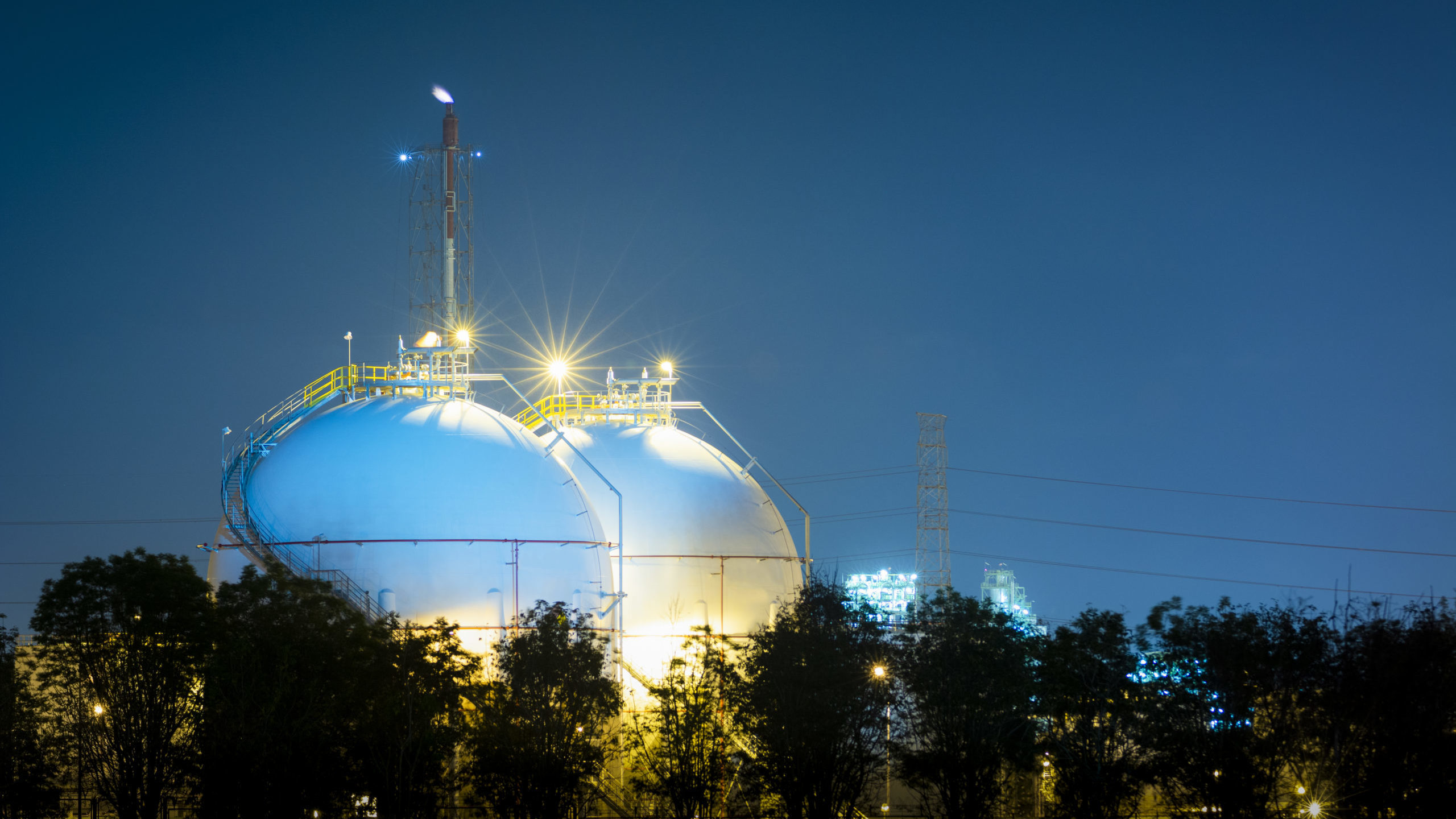When it comes to fossil fuels and climate change, 2021 ended much differently than predicted.
The energy transition to low carbon sources was supposed to be well underway. Coal, oil and natural gas were meant to be in permanent decline.
It never happened. Energy shortages and skyrocketing prices have hit Europe and Asia. Mothballed coal fired generating plants are being restarted because of high natural gas prices and supply shortages. Food prices are rising. This will get worse because fertilizer plants, squeezed by higher input costs, will raise prices, reduce output or, as is the case in Europe, shut down.
On December 17, the International Energy Agency wrote, “Rapid economic recovery is driving global coal power generation to a record this year and overall coal demand to a potential all-time high as soon as 2022, underlining urgent need for policy action.”
Urgent policy action? The IEA remains long on advice and short on solutions. China and India – home to three billion people – refuse to quit burning coal. China’s response in late December was to open a new 1,000 MW coal-fired plant.
The IEA declared, “Without strong and immediate actions by governments to tackle coal emissions – in a way that is fair, affordable and secure for those affected – we will have little chance, if any at all, of limiting global warming to 1.5 °C.”
But despite years of speeches, threats, promises and aspirations, the “fair, affordable and secure” component of decarbonizing energy has not materialized. Unfortunately, renewables are demonstrating that weather-dependent electricity is not reliable without backup from coal or gas or massive-scale power storage.
In Canada, recitation of the climate crisis litany continues with domestic pledges and policies that have not, and will never, result in any material reduction in global emissions.
It’s a long list. Ban oil export tankers. Shut down coal-fired power plants. Deprive fossil fuel producers of capital. Cancel or obstruct pipelines. Subsidize wind and solar. Block LNG exports. Introduce ever-rising carbon taxes. Legislate generous electric vehicle subsidies and sales targets. Oppose natural gas electricity generation. Declare climate emergencies. Cap, then reduce oil sands emissions.
One serious consequence has been growing political polarization between the densely populated urban areas of central Canada and B.C.’s lower mainland and the oil and gas producing regions of western Canada. Another is a generation of Canadians who have grown up convinced that fossil fuels are dangerous but have never experienced life without them.
When is Canada going to finally have an intelligent, worldview discussion about climate change?
Because if Canada wants to actually reduce global carbon emissions without massive disruption and energy poverty, we’d do things much differently.
We’d start by helping to clean up fossil fuel exploration, extraction, processing and consumption all over the world following these steps.
First, accept that the global climate challenge is beyond the control of Canadian politicians. If Canada disappeared tomorrow, 98 per cent of emissions would continue. Canadian fossil fuel exports would be replaced by another country.
Next, be honest with ordinary Canadians that many of the politically popular climate-justified actions being undertaken are damaging to our economy and will result in no material reduction in total emissions. We can’t help anyone if we’re broke. Including ourselves.
Energy education is essential. Learn who is emitting what, where and why. Imagine the immediate impact of cleaner burning coal. Or reducing methane flaring in so many underdeveloped oil producing countries. Whatever you’ve been told or wish to believe, it is impossible to replace fossil fuels quickly, reliably and at a reasonable cost using the current renewable energy portfolio.
Embrace Canada’s large and vibrant oil and gas industry as best-in-class in all the ways by which fossil fuels can be exploited in an environmentally responsible manner. The energy experts in Canada’s oilpatch should be encouraged and supported, not punished. Replacing Asian coal with Canadian LNG will make a real contribution.
Quit scaring Canada’s youth about a disastrous climate future and instead engage them in helping to explore and develop technological solutions. Switch the climate narrative from defense to offense. Task all Canadians to rise to the challenge, not fear it. Help develop the technologies and processes required to quickly reduce fossil fuel emissions globally. This would be a valuable, exciting and economically rewarding way to make a real contribution to reducing emissions and enhance our reputation for generosity and global stewardship.
Some of this is underway such as the industry’s commitment to reduce emissions from existing oil and gas production. Which is great.
But until the goal is global, the real progress so many believe is essential and our politicians claim is underway will not occur.
In 2022 Canada should start helping to save the world by using our resources, education, innovation and ingenuity to contribute practical and exportable climate solutions.
Using science, not symbolism.
David Yager is an oil service executive, oil and gas writer, energy policy analyst and author of From Miracle to Menace – Alberta, a Carbon Story. More at www.miracletomenace.ca
The unaltered reproduction of this content is free of charge with attribution to Canadian Energy Centre Ltd.
